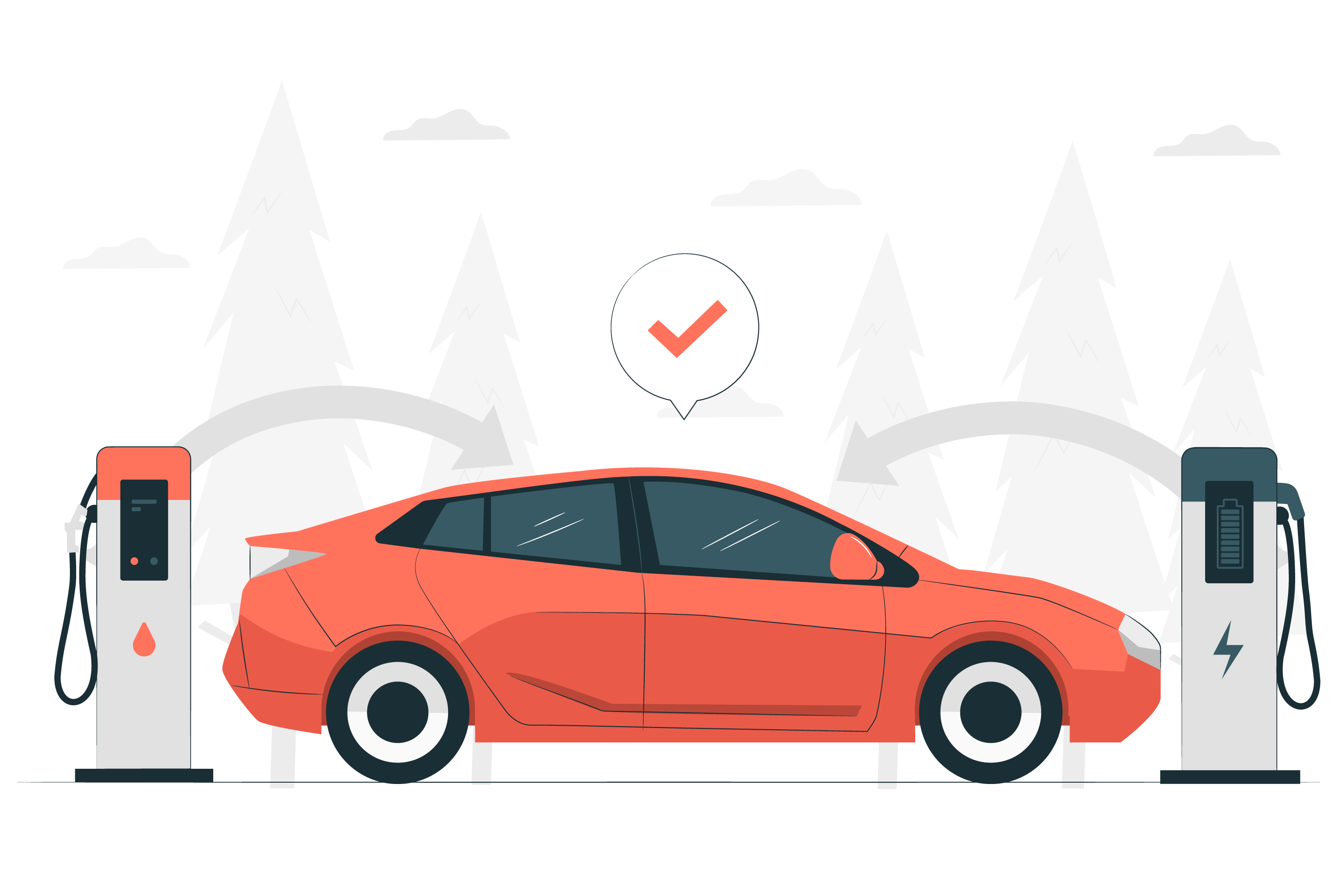Which Car Should You Buy

With the emergence of technological changes, many car manufacturers are now introducing EV cars into their product lines. However, the type of car that will suit you depends on several factors, including your budget, driving habits, and impact on the environment.
Let’s first understand the difference between each type of car:
| Feature | Petrol | Diesel | CNG | EV | Hybrid |
|---|---|---|---|---|---|
| Emissions | Moderate | High | Low | Zero tailpipe emissions | Lower than Petrol/Diesel |
| Fuel Efficiency | Moderate | High | High | Very High | High |
| Availability | Widespread | Widespread | Limited | Limited Charging Stations | Limited Model Options |
| Refueling/Charging Time | Fastest (widespread availability) | Fast (widespread availability) | Moderate (growing infrastructure) | Slow (limited infrastructure) | Moderate (petrol/diesel + charging) |
| Driving Range | High | High | Moderate | Limited | High (combined electric and petrol/diesel) |
| Upfront Cost | Lower | Higher | Moderate | Highest | Higher than Petrol/Diesel |
Which Type of Car Fuel is Best For You?
Here is a checklist that one must consider while deciding which type of car fuel will suit them the best-
Driving Preferences:
Performance: Diesel engines offer better torque, making them ideal for towing or navigating hilly terrain. Electric vehicles provide a smooth and quiet driving experience.
Range Anxiety: If you fear running out of fuel before reaching a station, prioritize petrol or diesel cars with a better driving range. EVs might require more planning for long trips due to the limited availability of charging stations.
Driving habits: For shorter commutes, a petrol or EV car would be better. For frequent longer trips, diesel and petrol cars are preferred more because of their better mileage and fuel efficiency.
Environmental Impact: With zero tailpipe emissions, EVs or CNG cars can be preferred due to their lower impact on the environment compared to petrol or diesel vehicles, making them the cleanest option.
Cost Considerations: Although EV and hybrid cars have a higher upfront cost, the long-term costs like maintenance, fuel costs, and operating costs are lower compared to petrol and diesel cars.
Infrastructure: While the government is trying to fast-track the development of EV charging stations, the limited availability of EV charging stations poses a challenge. Similarly, CNG is readily available in the cities, but finding refueling stations on highways or in remote areas is still difficult.
Government Incentives: The Faster Adoption and Manufacturing of Electric Vehicles in India (FAME II) scheme provides subsidies for both two-wheeler and four-wheeler EVs. This directly reduces the price you pay for the vehicle.
Purchasing a car is one of the major financial decisions, and doing it the right way is important. Everything narrows down to your preferences, budget, and priorities. However, note that regardless of the type of car fuel you choose, remember to safeguard your prized possession with a safety shield of car insurance.
Disclaimer: The content on this blog is for informational purposes only and should not be considered as professional advice or any form of opinion. Please go through policy related documents carefully or consult with a qualified professional before making any decisions regarding insurance or financial matters.

